Trazodone (Generic Desyrel)
$195.00 – $310.00
Keep taking this medication as prescribed even if you feel well. To help you remember, take it at the same time(s) each day. Do not stop taking this medication without consulting your doctor. Anxiety, agitation, and trouble sleeping can occur if the drug is suddenly stopped.
Table of Contents
ToggleAbout trazodone
How to use
Read the Medication Guide provided by your pharmacist before you start using trazodone and each time you get a refill. If you have any questions, consult your doctor or pharmacist.
Take this medication by mouth, usually once or twice daily after a meal or snack or as directed by your doctor. If drowsiness is a problem and you are taking 1 dose daily, take it at bedtime. If you are taking 2 doses each day, it may help to take 1 of the doses at bedtime. Follow your doctor’s directions carefully.
Dosage is based on your medical condition and response to treatment. To reduce your risk of side effects, your doctor may start you at a low dose and gradually increase your dose.
Take this medication exactly as prescribed. Do not increase your dose or take this medication more often than prescribed. Your condition will not improve any faster, and the risk of serious side effects may be increased.
Keep taking this medication as prescribed even if you feel well. To help you remember, take it at the same time(s) each day. Do not stop taking this medication without consulting your doctor. Anxiety, agitation, and trouble sleeping can occur if the drug is suddenly stopped.
It may take 2 to 4 weeks before you notice the full effects of this medication. Tell your doctor if your condition persists or worsens.
Side effects
See also the Warning section.
Nausea, vomiting, diarrhea, drowsiness, dizziness, tiredness, blurred vision, changes in weight, headache, muscle ache/pain, dry mouth, bad taste in the mouth, stuffy nose, constipation, or change in sexual interest/ability may occur. If any of these effects persist or worsen, tell your doctor or pharmacist promptly.
To relieve dry mouth, suck on (sugarless) hard candy or ice chips, chew (sugarless) gum, drink water, or use a saliva substitute.
To reduce the risk of dizziness and lightheadedness, get up slowly when rising from a sitting or lying position.
Remember that your doctor has prescribed this medication because he or she has judged that the benefit to you is greater than the risk of side effects. Many people using this medication do not have serious side effects.
Tell your doctor right away if you have any serious side effects, including: shaking (tremors), nightmares, ringing in the ears, problems urinating, blood in urine, signs of infection (e.g., fever, persistent sore throat), shortness of breath, stomach/abdominal pain.
Get medical help right away if you have any very serious side effects, including: chest/jaw/left arm pain, fainting, fast/irregular heartbeat, seizures, eye pain/swelling/redness, widened pupils, vision changes (such as seeing rainbows around lights at night).
This medication may increase serotonin and rarely cause a very serious condition called serotonin syndrome/toxicity. The risk increases if you are also taking other drugs that increase serotonin, so tell your doctor or pharmacist of all the drugs you take (see Drug Interactions section). Get medical help right away if you develop some of the following symptoms: fast heartbeat, hallucinations, loss of coordination, severe dizziness, severe nausea/vomiting/diarrhea, twitching muscles, unexplained fever, unusual agitation/restlessness.
For males, in the very unlikely event you have a painful or prolonged erection (priapism) lasting 4 or more hours, stop using this drug and seek immediate medical attention, or permanent problems could occur.
A very serious allergic reaction to this drug is rare. However, seek immediate medical attention if you notice any symptoms of a serious allergic reaction, including: rash, itching/swelling (especially of the face/tongue/throat), severe dizziness, trouble breathing.
This is not a complete list of possible side effects. If you notice other effects not listed above, contact your doctor or pharmacist.
In the US – Call your doctor for medical advice about side effects. You may report side effects to FDA at 1-800-FDA-1088 or at www.fda.gov/medwatch.
In Canada – Call your doctor for medical advice about side effects. You may report side effects to Health Canada at 1-866-234-2345.
Warnings & Precautions
Before taking trazodone, tell your doctor or pharmacist if you are allergic to it; or to nefazodone; or if you have any other allergies. This product may contain inactive ingredients, which can cause allergic reactions or other problems. Talk to your pharmacist for more details.
Before using this medication, tell your doctor or pharmacist your medical history, especially of: personal or family history of bipolar disorder, personal or family history of suicide attempts, heart disease (e.g., irregular heartbeat, heart attack), liver disease, kidney disease, blood pressure problems, personal or family history of glaucoma (angle-closure type).
This drug may make you dizzy or drowsy or blur your vision. Alcohol or marijuana (cannabis) can make you more dizzy or drowsy. Do not drive, use machinery, or do anything that needs alertness or clear vision until you can do it safely. Limit alcoholic beverages. Talk to your doctor if you are using marijuana (cannabis).
Trazodone may cause a condition that affects the heart rhythm (QT prolongation). QT prolongation can rarely cause serious (rarely fatal) fast/irregular heartbeat and other symptoms (such as severe dizziness, fainting) that need medical attention right away.
The risk of QT prolongation may be increased if you have certain medical conditions or are taking other drugs that may cause QT prolongation. Before using trazodone, tell your doctor or pharmacist of all the drugs you take and if you have any of the following conditions: certain heart problems (heart failure, slow heartbeat, QT prolongation in the EKG), family history of certain heart problems (QT prolongation in the EKG, sudden cardiac death).
Low levels of potassium or magnesium in the blood may also increase your risk of QT prolongation. This risk may increase if you use certain drugs (such as diuretics/”water pills”) or if you have conditions such as severe sweating, diarrhea, or vomiting. Talk to your doctor about using trazodone safely.
Before having surgery, tell your doctor or dentist about all the products you use (including prescription drugs, nonprescription drugs, and herbal products).
Older adults may be more sensitive to the side effects of this drug, especially drowsiness, dizziness, and QT prolongation (see above).
During pregnancy, this medication should be used only when clearly needed. Discuss the risks and benefits with your doctor.
Since untreated mental/mood problems (such as depression) can be a serious condition, do not stop taking this medication unless directed by your doctor. If you are planning pregnancy, become pregnant, or think you may be pregnant, immediately discuss with your doctor the benefits and risks of using this medication during pregnancy.
This medication passes into breast milk. Consult your doctor before breast-feeding.
Storage
Store at room temperature away from light and moisture. Do not store in the bathroom. Keep all medications away from children and pets.
Do not flush medications down the toilet or pour them into a drain unless instructed to do so. Properly discard this product when it is expired or no longer needed. Consult your pharmacist or local waste disposal company.
Drug interactions
Drug interactions may change how your medications work or increase your risk for serious side effects. This document does not contain all possible drug interactions. Keep a list of all the products you use (including prescription/nonprescription drugs and herbal products) and share it with your doctor and pharmacist. Do not start, stop, or change the dosage of any medicines without your doctor’s approval.
A product that may interact with this drug is: digoxin.
Taking MAO inhibitors with this medication may cause a serious (possibly fatal) drug interaction. Avoid taking MAO inhibitors (isocarboxazid, linezolid, methylene blue, moclobemide, phenelzine, procarbazine, rasagiline, safinamide, selegiline, tranylcypromine) during treatment with this medication. Most MAO inhibitors should also not be taken for two weeks before and after treatment with this medication. Ask your doctor when to start or stop taking this medication.
Other medications can affect the removal of trazodone from your body, which may affect how trazodone works. Examples include azole antifungals (such as itraconazole, ketoconazole), HIV protease inhibitors (such as ritonavir, indinavir), macrolide antibiotics (such as erythromycin), rifamycins (such as rifampin), drugs used to treat seizures (such as phenytoin), among others.
The risk of serotonin syndrome/toxicity increases if you are also taking other drugs that increase serotonin. Examples include street drugs such as MDMA/”ecstasy,” St. John’s wort, certain antidepressants (including SSRIs such as fluoxetine/paroxetine, SNRIs such as duloxetine/venlafaxine), among others. The risk of serotonin syndrome/toxicity may be more likely when you start or increase the dose of these drugs.
Tell your doctor or pharmacist if you are taking other products that cause drowsiness including alcohol, marijuana (cannabis), antihistamines (such as cetirizine, diphenhydramine), drugs for sleep or anxiety (such as alprazolam, diazepam, zolpidem), muscle relaxants, and opioid pain relievers (such as codeine).
Check the labels on all your medicines (such as allergy or cough-and-cold products) because they may contain ingredients that cause drowsiness. Ask your pharmacist about using those products safely.
Overdose
If someone has overdosed and has serious symptoms such as passing out or trouble breathing, call 911. Otherwise, call a poison control center right away. US residents can call their local poison control center at 1-800-222-1222. Canada residents can call a provincial poison control center. Symptoms of overdose may include: painful/prolonged erection, slow/rapid/irregular heartbeat, unusual drowsiness, unusual dizziness, vomiting, trouble breathing, seizures.
| Quantity | 100 Tabs, 200 tabs, 300 tabs |
|---|
Be the first to review “Trazodone (Generic Desyrel)” Cancel reply
Related products
Uncategorized
Uncategorized
Uncategorized
Uncategorized
Uncategorized
Uncategorized
Uncategorized
Uncategorized
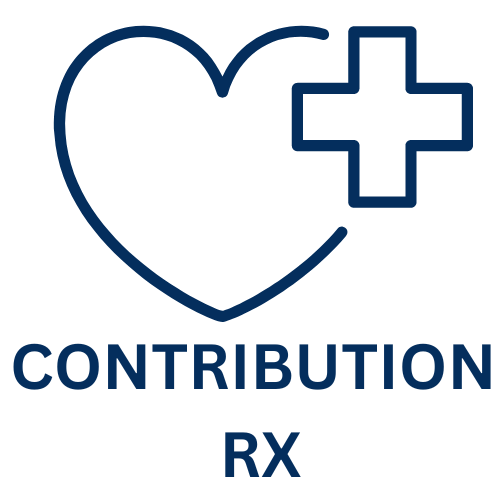
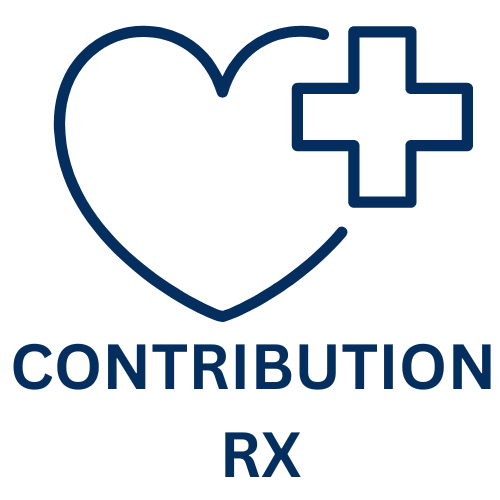
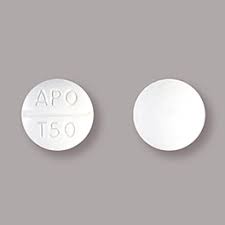

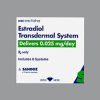
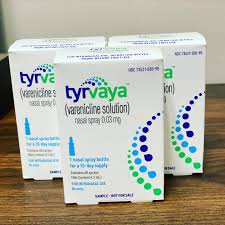
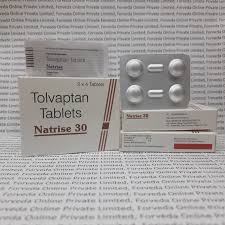
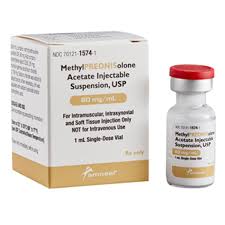

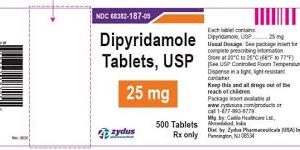
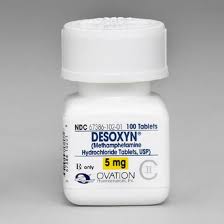

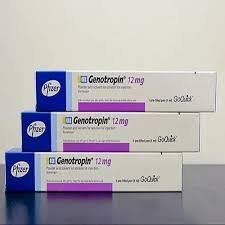

Reviews
There are no reviews yet.